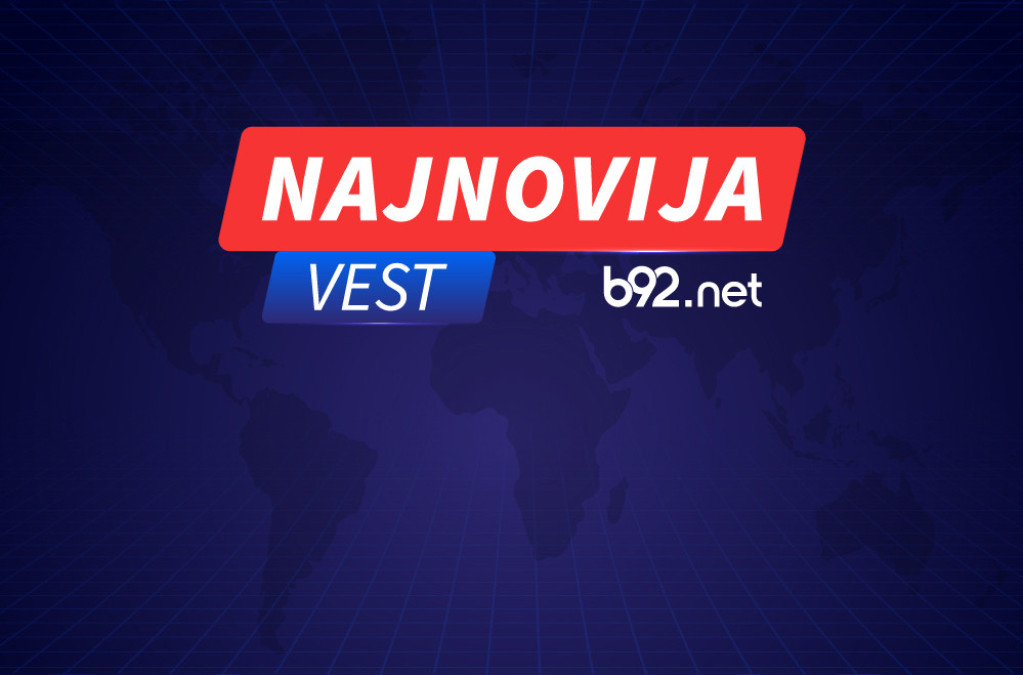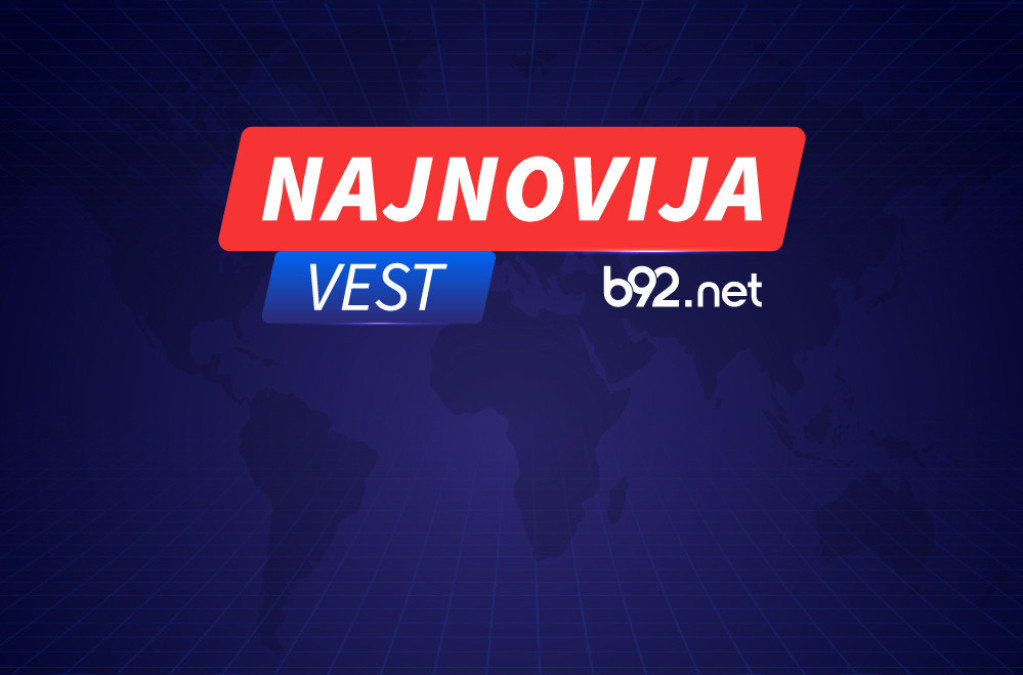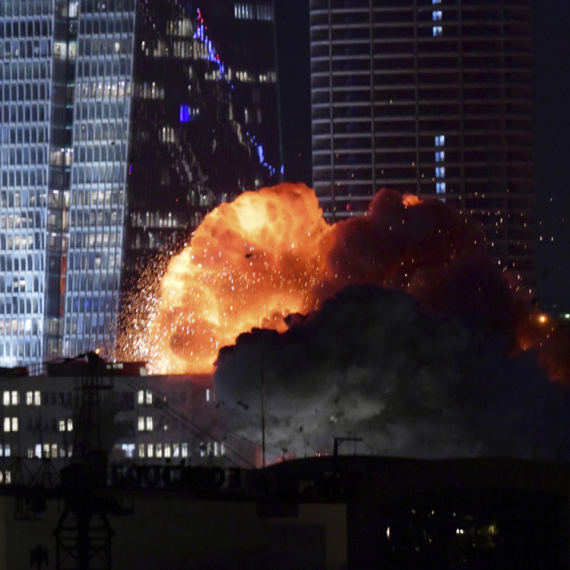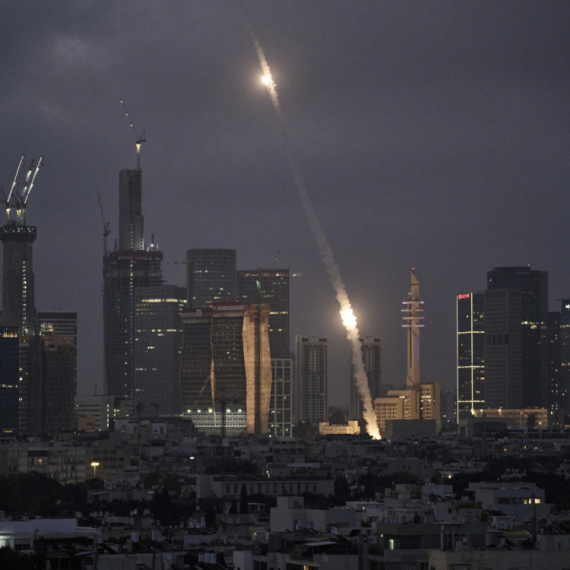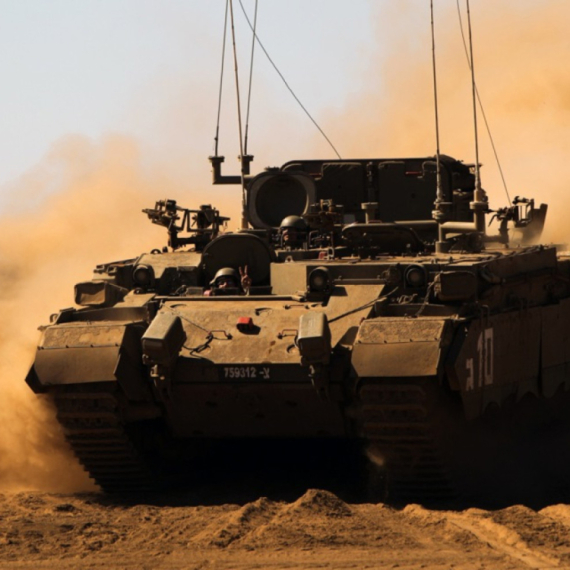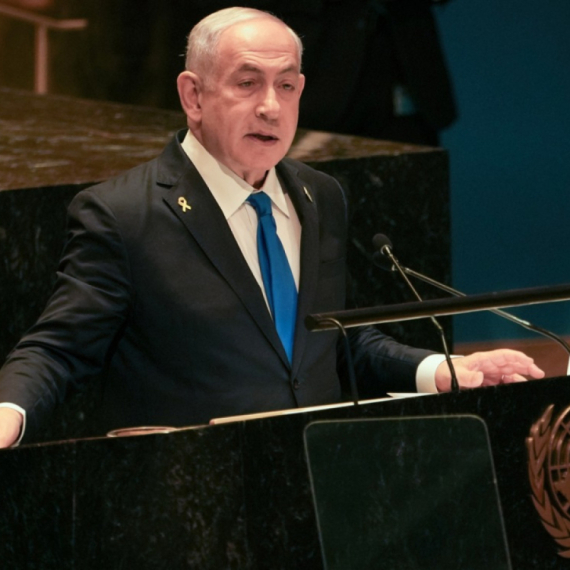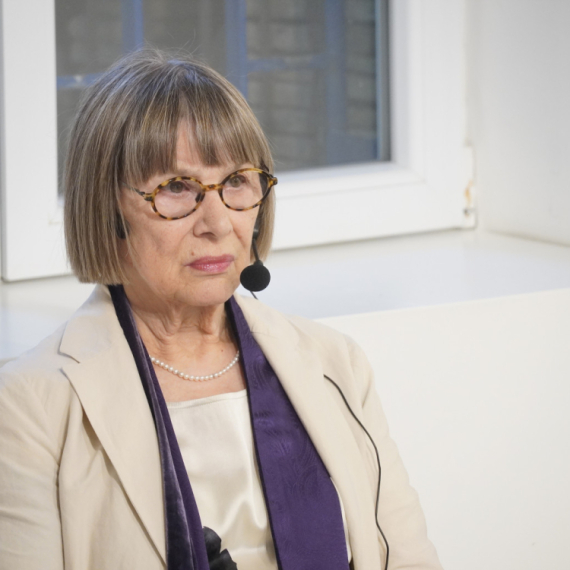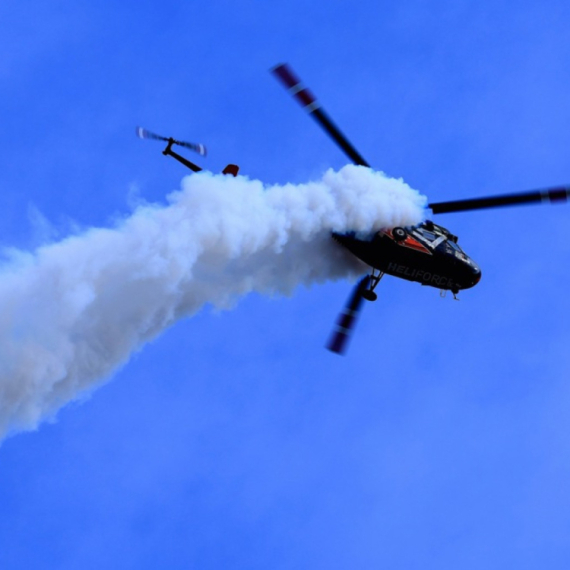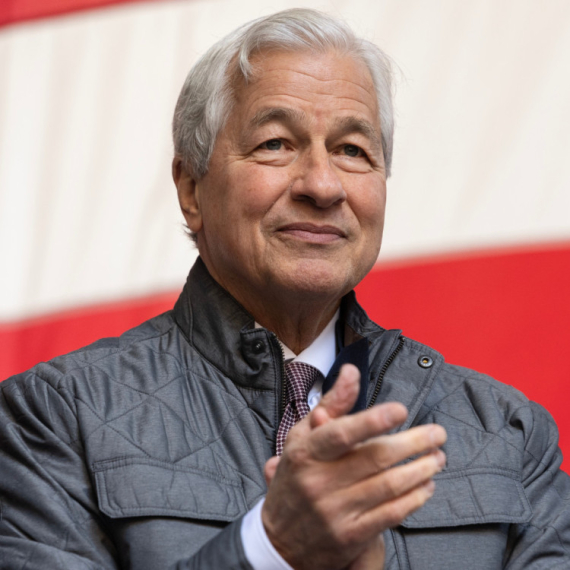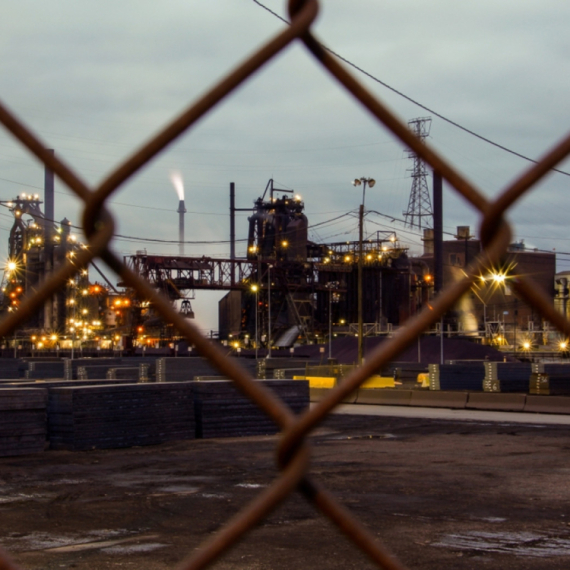The Israel-Iran conflict has escalated into a series of rocket and air strikes, with Israel conducting air raids on Iranian nuclear facilities and Iran responding with rocket attacks on Israeli cities. Iran has confirmed its readiness for nuclear negotiations but refuses to relinquish its nuclear rights, while Israel accuses Iran of developing nuclear weapons and threatens further attacks. Diplomatic efforts, including Oman’s mediation and calls for de-escalation from European countries, are currently stalled due to Israeli strikes and Iranian responses. The conflict has caused numerous civilian casualties and heightened tensions in the Middle East region.
Political Perspectives:
Left: Left-leaning sources emphasize the humanitarian impact of the conflict, highlighting civilian casualties and the need for diplomatic solutions. They often criticize military escalations by both sides and call for peaceful negotiations and de-escalation to prevent further suffering in the region.
Center: Center-leaning sources provide balanced coverage, reporting on the military actions and political statements from both Iran and Israel. They stress the complexity of the conflict, the nuclear threat posed by Iran, and the importance of diplomatic efforts, while acknowledging the risks of escalation and civilian harm.
Right: Right-leaning sources focus on Israel’s right to self-defense against Iranian aggression and nuclear ambitions. They emphasize the threat Iran poses to regional and global security and support strong military responses to prevent Iran from acquiring nuclear weapons. They often portray Iran as the primary aggressor undermining peace.






